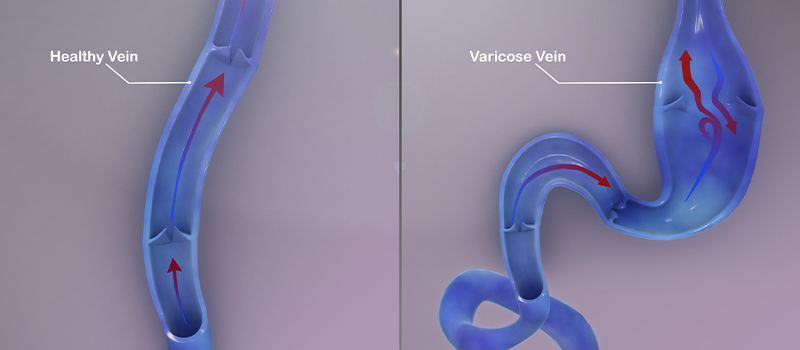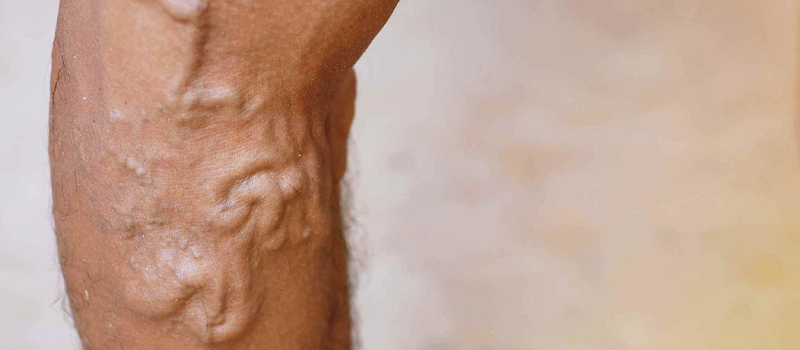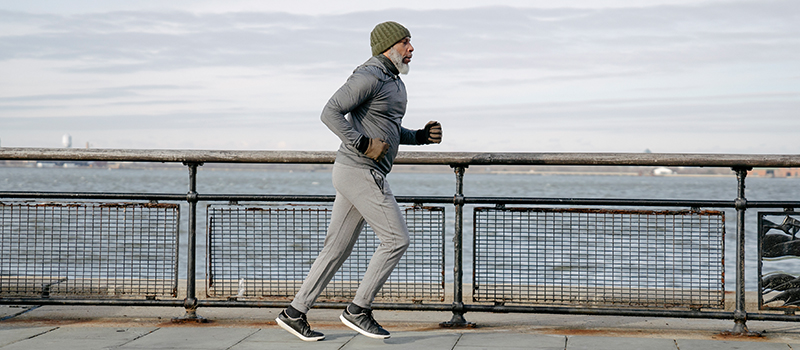Varicose Vein
Varicose veins are a condition that occurs when the valves in your veins become weak, allowing blood to pool in the vein and stretch it out. This causes a bulge to develop on the surface of your skin. The most common areas affected are your legs and feet.
What are varicose veins?
The valves within your veins do not close properly if you have varicose veins. This causes blood to pool in the vein and form a bulge (varicosity), which appears as a swollen or twisted vein. Varicose veins usually occur in the legs but can also be seen in the groin and other body parts. They’re more common in women than men and affect about half of all adults 50 years or older.

Who gets varicose veins?
Varicose veins are more common in women than in men. People with a family history of varicose veins may be at increased risk for developing them.
Varicose veins can occur at any age, but they are most common after age 40 and most often affect people who have occupations requiring standing for long periods.
Symptoms of varicose veins
The most common symptoms of varicose veins are swelling, pain, and aching. If you experience any of the following symptoms in your legs:
- Swelling in the affected area
- Pain in the affected area
- Aching in the affected area
- Redness of the skin around or near a vein that is bulging (swollen) with blood flow
- Heat radiating from an enlarged vein (usually on a warm day)

Causes of varicose veins
You have two types of veins: superficial and deep. The superficial veins are the ones that are visible on your skin, while the deeper ones are underneath your skin. The most common cause of varicose veins is damage to the valves in the veins.
When damage to these valves occurs, blood flows back into your legs instead of returning to the heart. This causes swelling and puffiness in your legs—which we know as varicose veins!
Another cause of varicose veins is obesity (being overweight). Being overweight puts extra pressure on your leg muscles, causing them to expand and stretch out over time—and this can cause severe problems with circulation throughout our bodies.
How is a varicose vein diagnosed?
The essential tools for diagnosing varicose veins are physical examination and patient history. You will be asked about your symptoms, including when they started and how they affect your daily life.
Depending on the severity of your symptoms and medical history, tests may be done to determine the cause of varicose veins:
Treatment options for varicose veins?
If you have varicose veins, there are many treatment options to help.
Lifestyle changes
Walking regularly and avoiding standing for long periods will help improve circulation in your legs and reduce the chances of developing varicose veins.
Sclerotherapy
Sclerotherapy involves injecting a solution into your leg veins to make them shrink, making them less noticeable on your skin’s surface. This treatment is usually carried out by a doctor or nurse at an outpatient clinic or hospital and takes 15-20 minutes.
Endovenous laser treatment
This method involves inserting a small tube into your vein through a needle puncture at the groin area or your leg. A laser seals the vein inside so it shrinks back to standard size and becomes less visible under the skin surface.
Surgery
Surgery is an option if your varicose veins do not respond to other treatments or if they continue to cause pain or become infected. Surgery involves removing some of your damaged vein tissue along with any affected lymph nodes.
Conclusion
The prognosis for varicose veins depends on the severity of the condition. Mild varicose veins have a good prognosis, with most patients fully recovering within six months to a year following treatment. Varicose vein surgery is the most effective and permanent treatment for grade III or IV varicose veins.
If you’re worried about your varicose veins, contact us at Washington Vascular Specialists to discuss what treatments might work best for you. Call us at 301-891-2500.




